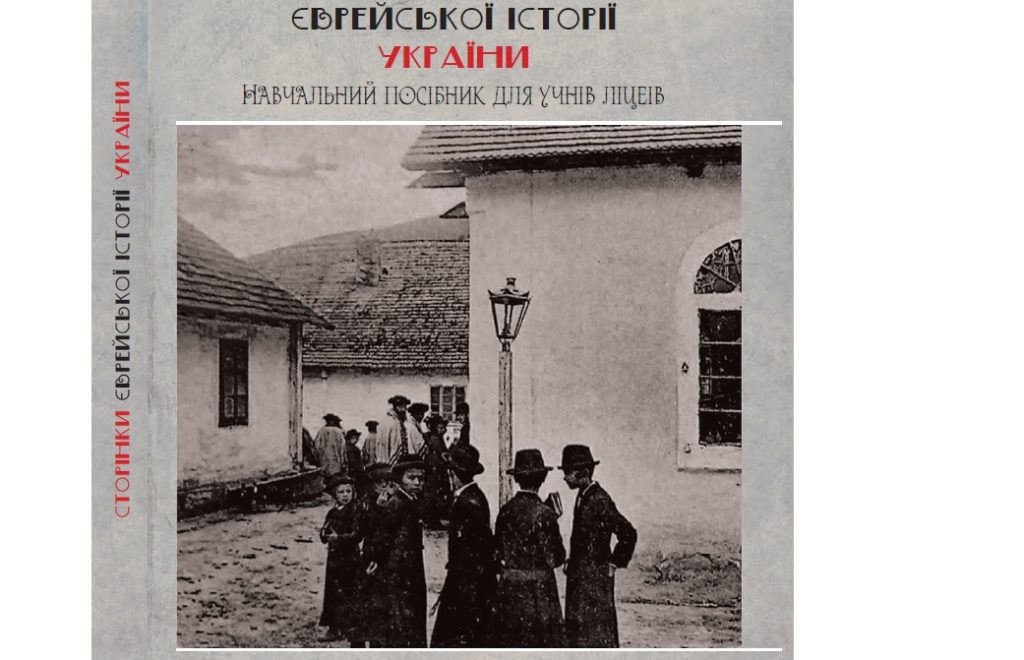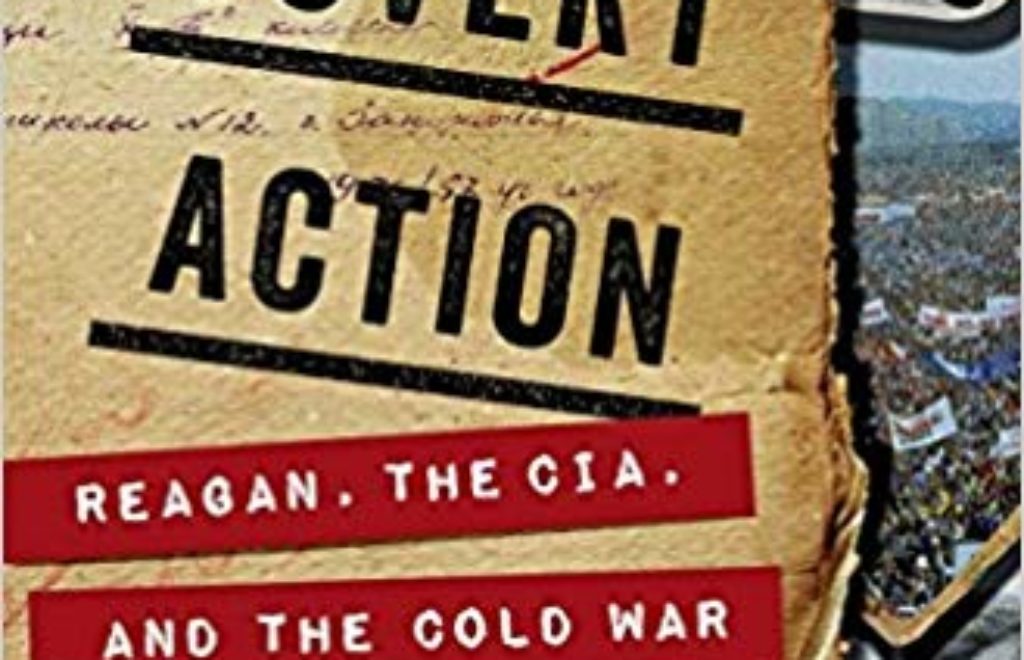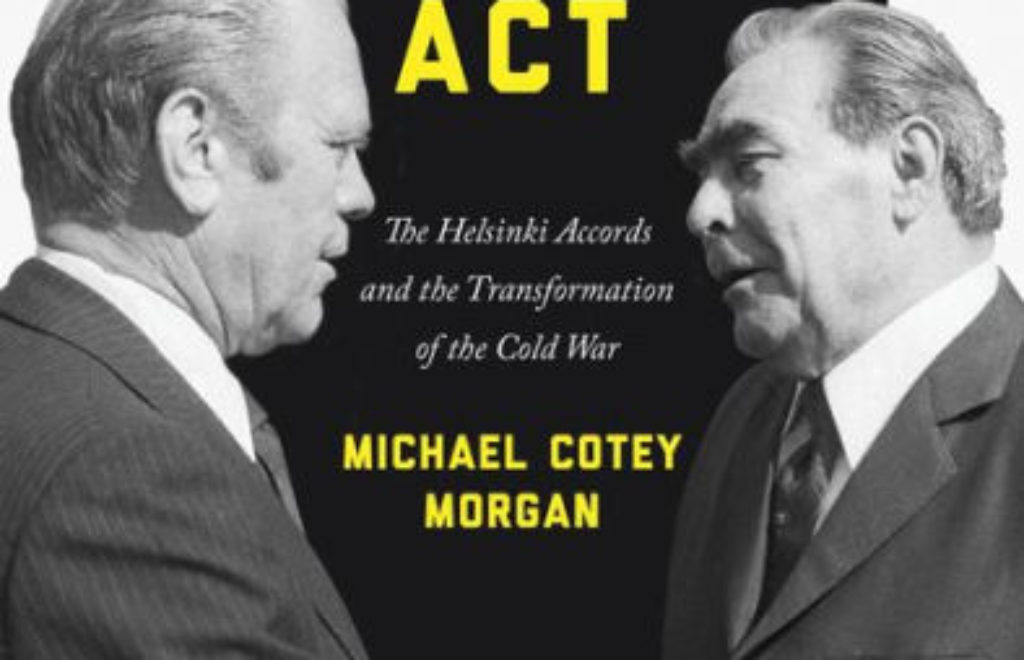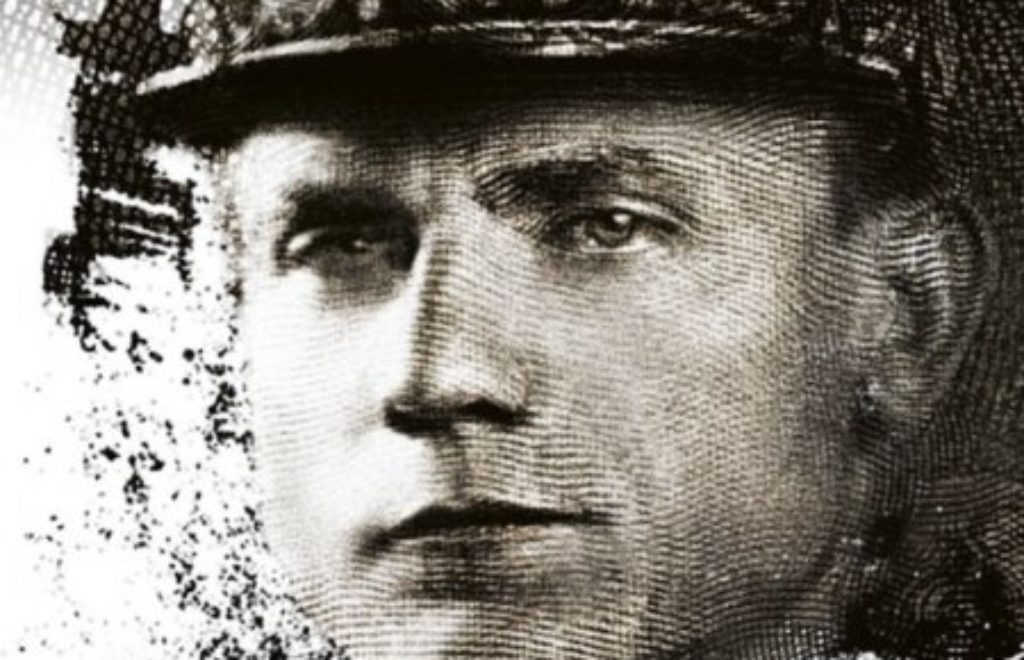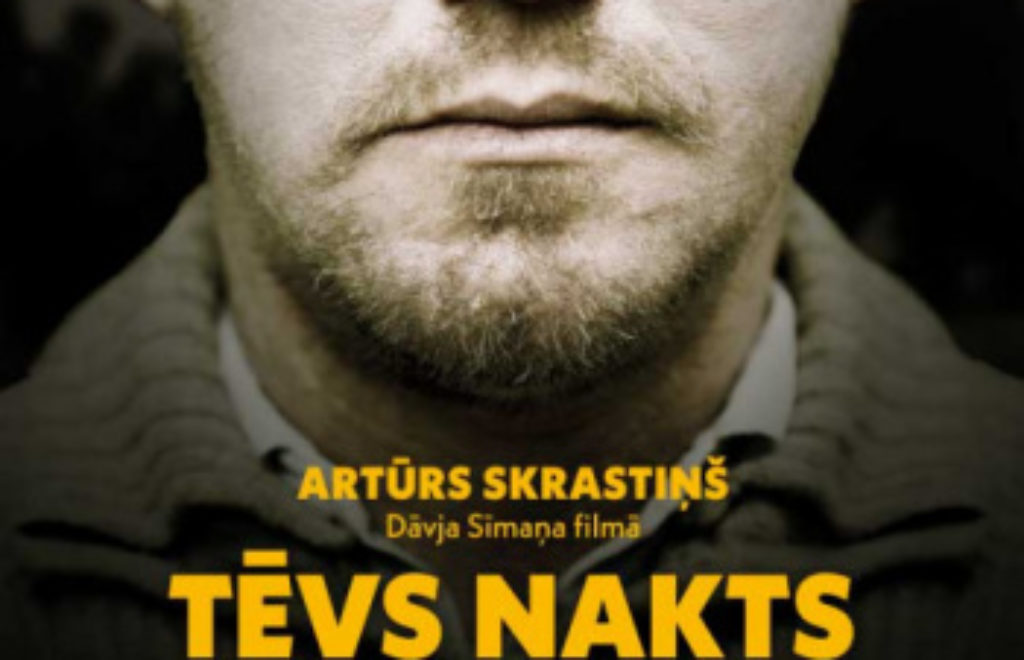The other history of Ukraine
In May 2018 the Kyiv city council passed a decision to commemorate the 250th anniversary of Koliyivshchyna – a peasant revolt which spread through right-bank Ukraine in 1768-1769 and was a response to the Bar Confederation (a political and military revolt of the Polish nobility against the politics of King Stanisław August Poniatowski, a protégé of Catherine the Great which took place partially on Ukrainian territories resulting in victims among Ukrainian orthodox civilians). The Koliyivshchyna rebellion could be seen thus as an episode of Ukraine's religious wars.
March 4, 2019 - Kateryna Pryshchepa


